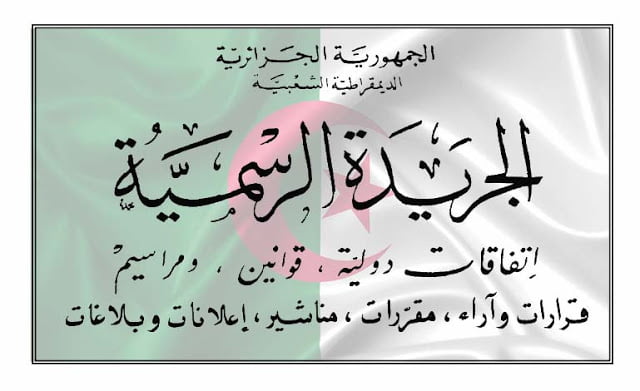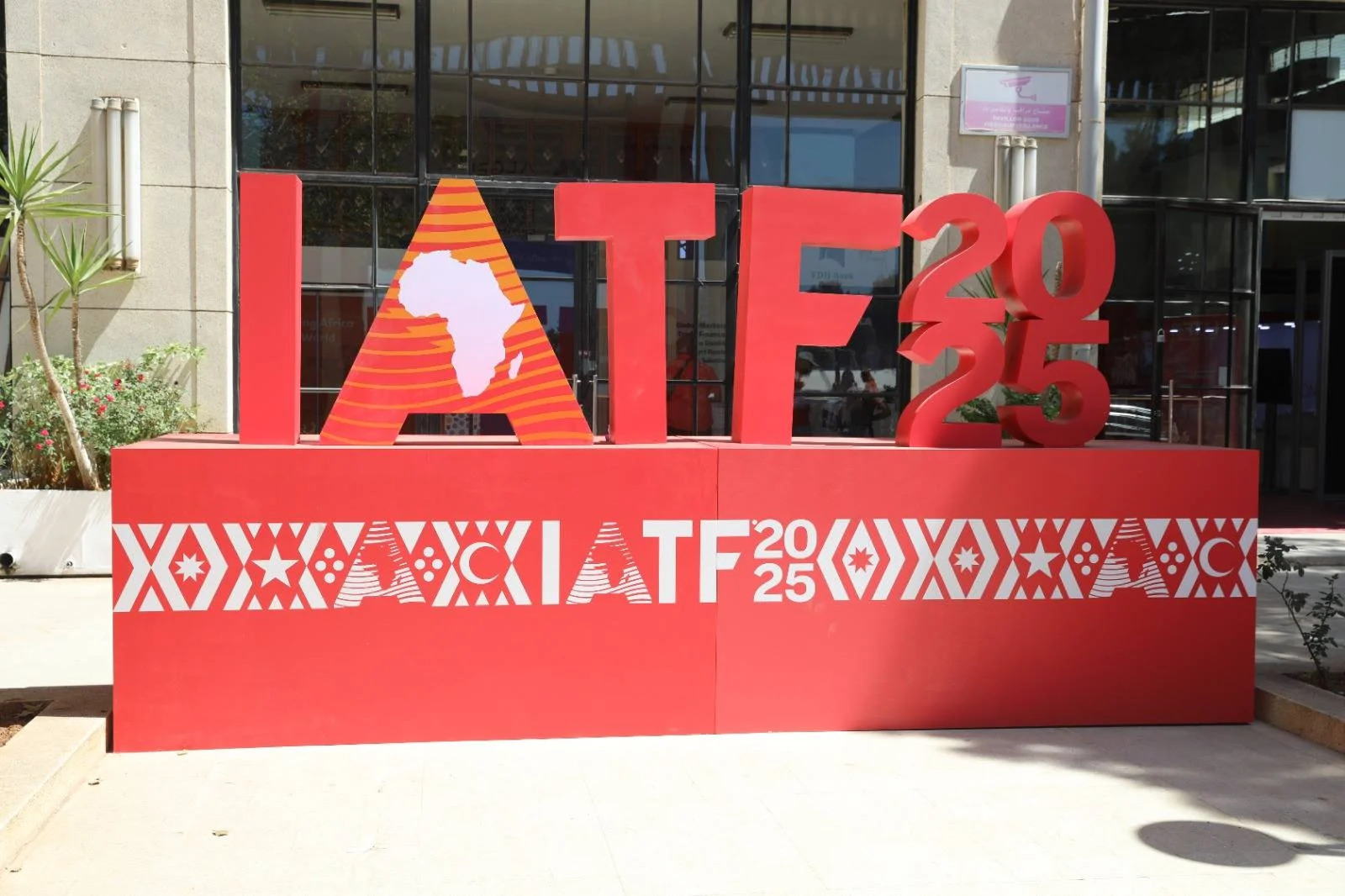| Discover Algeria | About us | Press area | Contact |
SMEs: AIF popularizes private equity via banks and chambers of commerce
The Algerian Investment Fund (AIF) plans to roll out its activities throughout the country through the network of two major public banks and chambers of commerce, to raise awareness of the Fund and popularize private equity as an alternative financing method for SMEs, through equity investments, according to its Managing Director, Mr. Merouane Aliane.

"We intend to call on the networks of our AIF shareholder banks, BNA and BEA, which have over 300 branches spread across the country's 58 wilayas", he told APS, adding that the sales teams in their branches will be a link "to reach their customers, who will then be able to put forward our arguments, especially as private equity is most often complementary to bank credit".
Operated in Algeria by five public companies, including AIF, private equity is one of the alternatives to bank financing for businesses. It involves entering the capital of the target company (an SME) via the purchase of shares, leading to an increase in the company's share capital.
He points out that as part of the partnership between AIF and an SME, the Fund becomes a shareholder for a period ranging from 5 to 7 years, stressing that one of the advantages of private equity for Algerian SMEs is "the fact that this type of financing does not require any guarantee whatsoever from the promoter", unlike banks.
AIF's main mission is to support investors in their efforts to create, develop and expand their businesses, with the aim of supporting local companies by encouraging the growth of SMEs and startups and fostering the development of strategic sectors in Algeria.
According to Mr Aliane, it is part of the government's drive to promote investment in innovative, high-potential companies, thereby helping to diversify the national economy.
Acknowledging the fact that private equity is "a little-known financing tool", hence the need for more sustained communication efforts, he pointed out that the family nature of some companies can give rise to reluctance towards this type of financing, a fact which requires the AIF to promote the advantages of private equity.
Among these advantages, we explain, are the absence of guarantees often required by banks in the form of mortgages or personal sureties, and the strengthening of the SME's equity capital after the Fund's entry, which also provides the company with expertise and strategic support.
Partnerships sought in several wilayas
In parallel with the recent reinforcement of its human resources to respond more effectively to investor requests, AIF plans to use regional chambers of commerce to approach SMEs in the various wilayas to popularize private equity, according to its Managing Director.
The chambers of commerce will help to "explain our mechanisms, meet investors and, ultimately, convince them to partner with us", adds the same manager, noting that communication will play an important role, as "parallel actions will be carried out in the media".
The AIF is also working on projects to acquire equity stakes in several companies and is currently prospecting in wilayas such as Sétif, Bechar, Ain Defla and M'sila.
Asked about the company's results in 2024, Mr Aliane assured that AIF was "profitable" during the same year, with "the ambition to invest further in the national economic fabric while continuing to prospect and propose our financing solutions to potential partners".
Concerning the sectors that the company considers to be priorities for support, he asserted that these are above all healthcare, agro-industry and renewable energies, noting that AIF's approach "must be correlated with the public authorities' desire to increase national production as well as exports".
Created as part of a partnership between the Banque nationale d'Algérie (BNA) and the Banque extérieure d'Algérie (BEA), the AIF has a share capital of 11 billion Da. As Mr Aliane points out, its ambition is "to become a key financial partner, offering a rapid and transparent investment process".
In addition to AIF, Algeria has four other private equity companies (SCIs), all of which are state-owned. These are El-Djazair Istithmar, Financière algérienne de participation FINALEP, ICOSIA Capital Spa, a subsidiary of Madar holding, and Algerian Start-up fund (ASF).






















